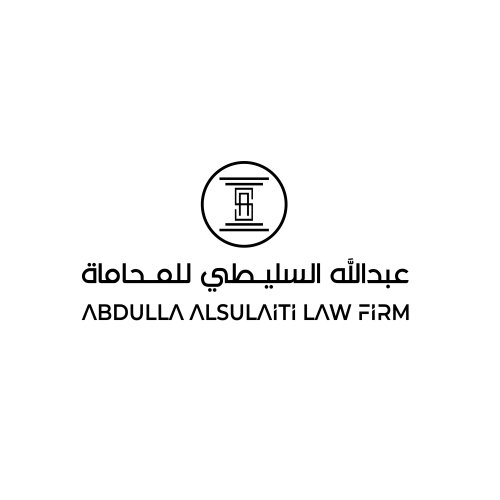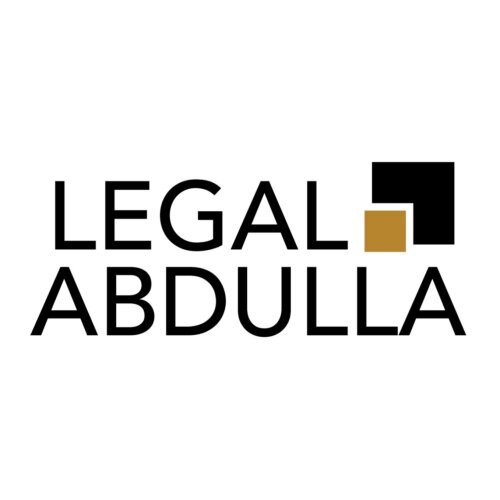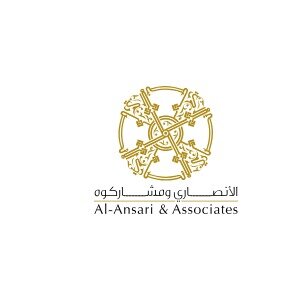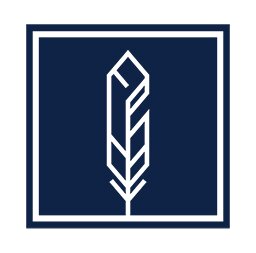Best Conveyancing Lawyers in Doha
Share your needs with us, get contacted by law firms.
Free. Takes 2 min.
Free Guide to Hiring a Real Estate Lawyer
List of the best lawyers in Doha, Qatar
About Conveyancing Law in Doha, Qatar
Conveyancing in Doha, Qatar refers to the legal process of transferring ownership of real estate or property from one party to another. This field encompasses the preparation, verification, and execution of documents required for the sale, purchase, lease, or mortgage of land and property. In Qatar, conveyancing is governed by local property laws, which can be intricate due to the presence of both local and foreign investors, unique regulations for freehold and leasehold properties, as well as specific requirements for non-Qataris acquiring property in designated areas. Correctly navigating this process is crucial to ensure valid ownership transfer, compliance with the law, and protection of the parties’ interests.
Why You May Need a Lawyer
Working with a qualified lawyer in the field of conveyancing can help you manage risks, streamline the process, and ensure compliance with local regulations. Common situations in which legal assistance may be necessary include:
- Buying or selling a property in Doha.
- Navigating real estate transactions as a foreign investor or resident.
- Transferring property between family members or as part of inheritance.
- Leasing commercial or residential property, especially with long-term contracts.
- Handling disputes related to ownership, boundaries, or title deeds.
- Mediating landlord-tenant issues regarding legal obligations.
- Arranging for property financing, mortgages, or liens.
- Ensuring regulatory compliance, especially in designated areas for foreign ownership.
Conveyancing lawyers help you avoid costly mistakes, verify the authenticity of documents, and coordinate with governmental bodies to facilitate smooth transactions.
Local Laws Overview
Qatari conveyancing law is primarily regulated by the Ministry of Justice, as well as regulations from the Ministry of Municipality and the Real Estate Registration Department. Key aspects include:
- Ownership Restrictions: Foreigners can only own property in specific areas, including Lusail, The Pearl, and West Bay Lagoon. Detailed conditions often apply to leasehold or usufruct agreements.
- Title Deed Registration: All property transfers must be registered with the Real Estate Registration Department to be legally effective. This registration offers legal proof of ownership.
- Due Diligence: Ensuring the property is free of encumbrances, mortgages, or third-party claims is essential. Legal professionals can conduct thorough due diligence on your behalf.
- Process and Fees: Conveyancing requires official paperwork, including Sale and Purchase Agreements, ID verification, and payment of prescribed fees and taxes.
- Inheritance Law: Inheritance of property is influenced by Sharia law, which may impact both local and expatriate owners.
Understanding these regulations can prevent future legal disputes and ensure your transaction proceeds smoothly.
Frequently Asked Questions
What is conveyancing in Doha, Qatar?
Conveyancing is the legal process of transferring ownership of property, including tasks such as preparing contracts, verifying ownership, and registering the change of ownership with official authorities.
Can foreigners buy property in Doha?
Yes, foreigners can buy property but only in certain designated investment zones approved by the government, such as The Pearl, West Bay Lagoon, and Lusail.
What documents are required for conveyancing?
Key documents include the Sale and Purchase Agreement, valid identification documents, property title deed, property plan, and, if applicable, proof of financing or mortgage approval.
Is it mandatory to use a lawyer for conveyancing in Qatar?
While not legally required, engaging a lawyer is highly recommended to ensure all contractual and legal aspects are covered and to avoid costly errors.
What is the process for registering a property transfer?
The process involves preparing necessary contracts, paying applicable fees, submitting documents to the Real Estate Registration Department, and obtaining an updated title deed.
How long does the conveyancing process take?
If all documents are in order and no issues arise, conveyancing can typically be completed within a few weeks. Delays may occur if complications arise or further documentation is needed.
What are the costs associated with conveyancing?
Costs often include government registration fees, legal fees, possible agent commissions, and miscellaneous administrative charges. Fees depend on the value and type of property.
What happens if there is a dispute over property ownership?
Disputes should be brought to the relevant legal authorities in Qatar. A conveyancing lawyer can assist by reviewing documentation, negotiating on your behalf, and representing your interests in court if necessary.
Can property be inherited in Qatar?
Yes, property can be inherited, but the process may be subject to Sharia inheritance laws, which can affect the distribution of assets among heirs.
What is a title deed and why is it important?
A title deed is a legal document proving ownership of property. Ensuring the title deed is properly registered and free from encumbrances is crucial in a property transaction.
Additional Resources
For further information and guidance, consider contacting the following organizations or authorities in Doha, Qatar:
- Ministry of Justice - Real Estate Registration Department
- Ministry of Municipality
- Qatar Legal Portal (Al Meezan)
- Qatar Chamber of Commerce and Industry - Real Estate Affairs
- Registered property law firms in Doha specializing in real estate
These resources can provide official information, forms, and guidance on the conveyancing process.
Next Steps
If you are considering a property transaction or need legal guidance on conveyancing in Doha, Qatar, it is advisable to:
- Compile all relevant documents, such as identification and details of the property in question.
- Seek an initial consultation with an experienced conveyancing lawyer to evaluate your situation and understand your legal rights.
- Request a clear outline of legal fees, procedures, and expected timelines from your lawyer.
- Ensure all agreements and contracts are reviewed by a legal professional before signing.
- Monitor all correspondence and document submissions to government authorities closely to avoid unnecessary delays.
Careful preparation and professional legal assistance can make the conveyancing process in Doha, Qatar much smoother and more secure.
Lawzana helps you find the best lawyers and law firms in Doha through a curated and pre-screened list of qualified legal professionals. Our platform offers rankings and detailed profiles of attorneys and law firms, allowing you to compare based on practice areas, including Conveyancing, experience, and client feedback.
Each profile includes a description of the firm's areas of practice, client reviews, team members and partners, year of establishment, spoken languages, office locations, contact information, social media presence, and any published articles or resources. Most firms on our platform speak English and are experienced in both local and international legal matters.
Get a quote from top-rated law firms in Doha, Qatar — quickly, securely, and without unnecessary hassle.
Disclaimer:
The information provided on this page is for general informational purposes only and does not constitute legal advice. While we strive to ensure the accuracy and relevance of the content, legal information may change over time, and interpretations of the law can vary. You should always consult with a qualified legal professional for advice specific to your situation.
We disclaim all liability for actions taken or not taken based on the content of this page. If you believe any information is incorrect or outdated, please contact us, and we will review and update it where appropriate.

















